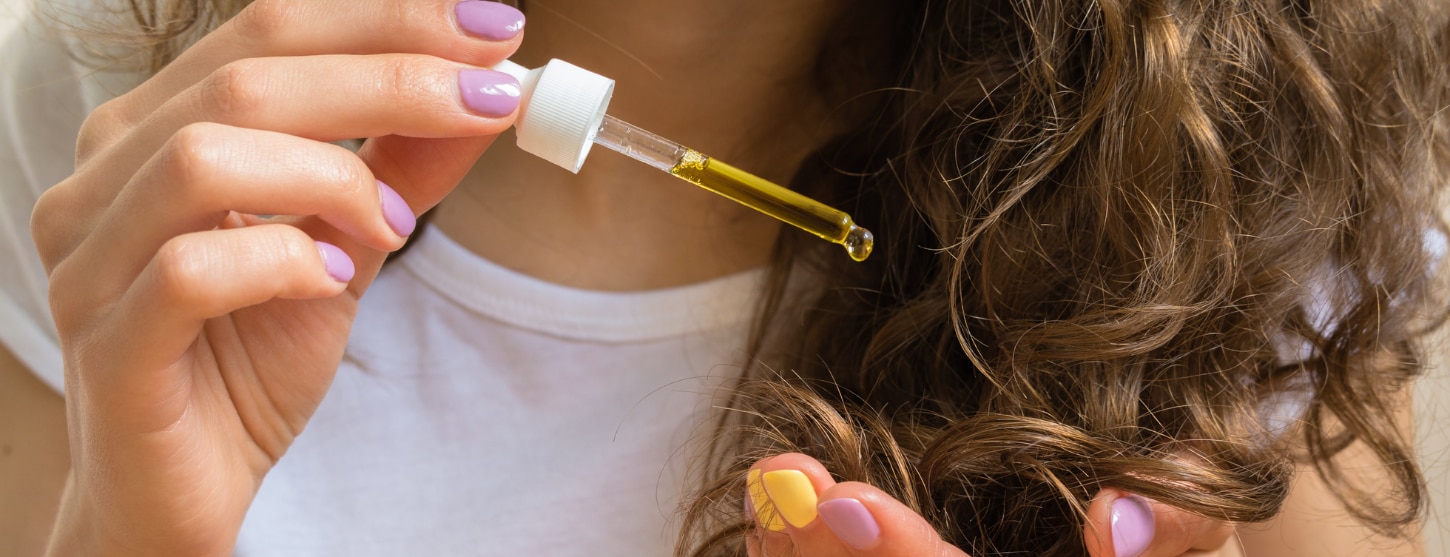15% off €35 OR 20% off €45
Code:SAVE
What is fungal acne?

While most of us do our best to keep our skin healthy and happy, skin problems are common. Find out what fungal acne is, its causes and treatments here today
Summary
1What is fungal acne?
Officially called Malassezia Folliculitis, fungal acne is caused by the overgrowth of a specific type of yeast on the skin...
2Causes of fungal acne
Fungal acne is caused by the overproduction of the Malassezia fungi, which leads to pustules and papules on the skin...
3How to treat fungal acne
Unlike certain other skin conditions, fungal acne doesn’t respond to typical acne medication or antibiotics...
Your skin is pretty impressive. It protects your body from harmful toxins and germs, helps to regulate your temperature, produces hormones, stores water, fat and metabolic products, and much more.1 It’s also the largest organ in your body, playing one of the most essential roles in our overall health.2
While most of us do our best to keep our skin healthy and happy, skin problems are common. According to recent research, approximately 54% of the British population are affected by a skin problem at any one time. Having a skin problem can be uncomfortable, painful, and potentially severe. It can also affect your mental health and social interactions, which may harm your overall quality of life.3
If you’re experiencing a skin problem, you’ll want to get to the bottom of it. That can be a tricky task, especially as some skin issues look the same as others. For example, fungal acne is often confused with acne vulgaris (the spots, cysts and pimples we usually call ‘acne’).4
If you’re wondering what fungal acne is and how to treat the problem if you have it, we’ve got everything you need to know below.
What is fungal acne?
Officially called Malassezia Folliculitis, fungal acne is caused by the overgrowth of a specific type of yeast on the skin. It often happens when there are changes to your skin’s environment, like taking certain medications or being ill.5
Fungal acne looks a lot like common acne, although there are a few key differences. Firstly, fungal acne is caused by too much yeast. In contrast, acne vulgaris is typically caused by a range of other factors.6 Fungal acne also looks slightly different. While you will see pimples and blemishes, these are not the comedones we see with acne vulgaris.7
Fungal acne is usually present on the chest and back, although it can appear on the face, arms and neck. It can be quite itchy too, which is another distinguishing factor.8
Causes of fungal acne
Fungal acne is caused by the overproduction of the Malassezia fungi, which leads to pustules and papules on the skin.9
There are some reasons why this overproduction can happen. Sometimes, it’s a combination of factors that result in fungal acne. Some of these factors might include:10

- Living in a hot and humid climate
- Excessive sweating
- Antibiotic use
- Corticosteroid use
- Compromised immune systems
If you’re concerned about your skin, it’s essential to visit your doctor or dermatologist for more advice. Because fungal acne is treated differently to some other skin disorders, it’s crucial to get the right treatment to relieve your symptoms.
How to treat fungal acne
Unlike certain other skin conditions, fungal acne doesn’t respond to typical acne medication or antibiotics. In fact, using some of these medications could even make it worse.11 Usually, your doctor will prescribe or suggest an antifungal drug, but this will be dependent on your symptoms.
It might not be possible to prevent fungal acne.12 However, there are some steps you can take to reduce the likelihood of this skin condition. Some of these might include:
- Washing with antifungal products13
- Using sensitive skin bathing products 14
- https://www.ncbi.nlm.nih.gov/books/NBK279255/
- https://www.ncbi.nlm.nih.gov/books/NBK441980/
- https://www.apa.org/monitor/2015/02/cover-skin
- https://www.ncbi.nlm.nih.gov/pmc/articles/PMC3970831/
- https://pubmed.ncbi.nlm.nih.gov/24688625/
- https://www.ncbi.nlm.nih.gov/books/NBK459173/
- https://dermnetnz.org/topics/malassezia-folliculitis/
- https://www.ncbi.nlm.nih.gov/pmc/articles/PMC4533528/
- https://www.ncbi.nlm.nih.gov/books/NBK547754/
- https://www.ncbi.nlm.nih.gov/pmc/articles/PMC3970831/
- https://pubmed.ncbi.nlm.nih.gov/24688625/
- https://dermnetnz.org/topics/malassezia-folliculitis/
- https://www.dermatologytimes.com/view/it-acne-or-pityrosporum-folliculitis
- https://www.dermatologyadvisor.com/home/decision-support-in-medicine/dermatology/folliculitis-pityrosporum-malassezia-folliculitis/
The advice in this article is for information only and should not replace medical care. Please check with your GP or healthcare professional before trying any supplements, treatments or remedies. Food supplements must not be used as a substitute for a varied and balanced diet and a healthy lifestyle.



